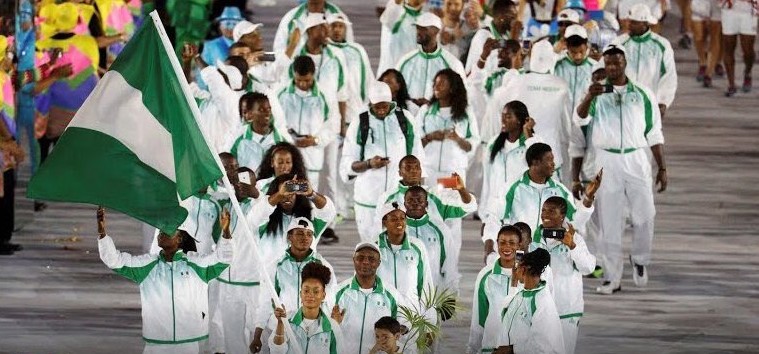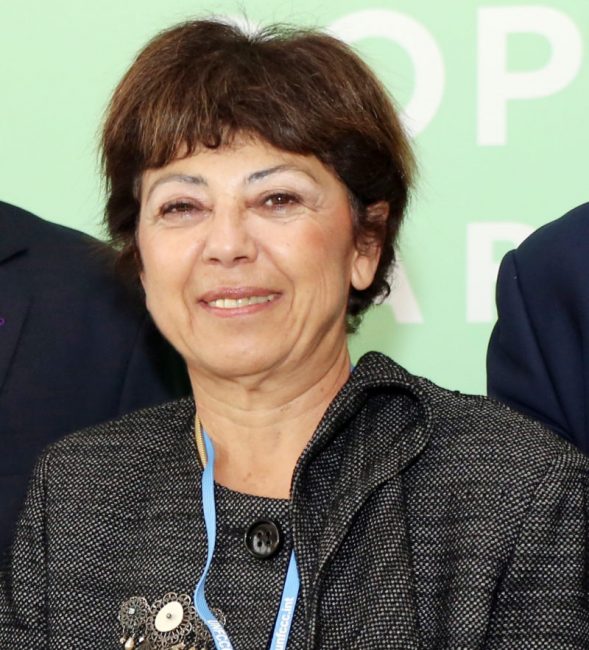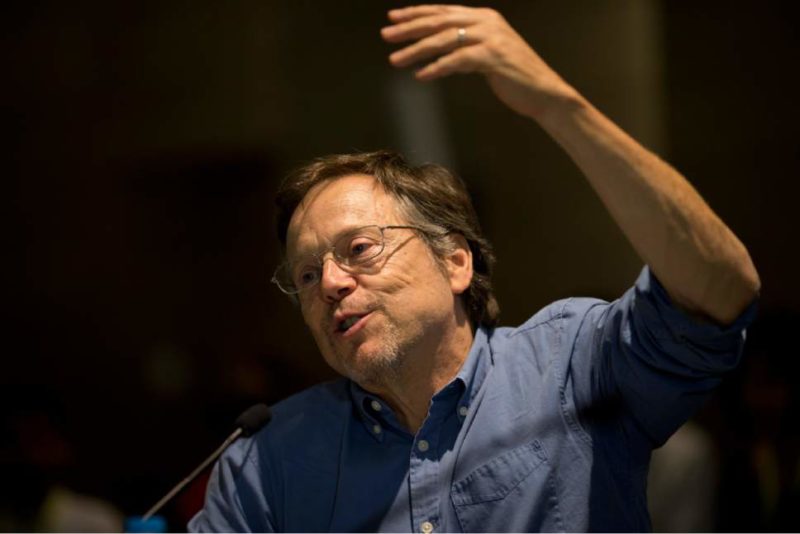The history of the Olympic Games is one of chasing impossible dreams and stretching the limits of human ambition. Thus, it was fitting that, beneath the glitz and glamour, the Samba and Rio’s Carnival-like atmosphere, this year’s Opening Ceremony that held in Rio de Janeiro, Brazil on Friday, 5 August 2016 showcased what has been described as the most impossible sounding dream of all – Africa’s Great Green Wall.

Featured in the Rio Olympics Creative Director Fernando Meirelles’ film on global reforestation efforts, the Great Green Wall struck a chord as a what appears to be a generation-defining initiative aiming to grow an 8000km wall of vegetation across the entire width of Africa, against all odds.
The aim: to restore vast swathes of degraded land in a region called the Sahel and in the process provide food, jobs and a reason to stay for the millions of people living on the frontline of climate change that may be forced to migrate.

Once complete, the Wall will be three times the length of Australia’s Great Barrier Reef. More importantly, it is expected to promote peace and strengthen resilience in a region long devastated by drought, war and famine.
The Sahel region of Africa is believed to be one of the world’s most impoverished – a key reason being the degradation of enormous tracts of fertile land, which form the basis of people’s livelihoods there. Persistent drought, food insecurity, and conflicts over dwindling natural resources are some of the many consequences, according to observers, adding that continued inaction means an estimated 60 million people could migrate to Europe from Africa’s degraded areas by 2030.
Meirelles’ film, which features footage from the United Nations Convention to Combat Desertification’s (UNCCD) Virtual Reality experience unveiled at last year’s Paris Climate Summit, provides a stark warning of the need to restore natural resources, like land.

The progress made since the initiative started a decade ago shows that land restoration efforts on a mass scale are both possible and offer hope. Senegal has already planted 12 million trees, Ethiopia has restored 15 million hectares of degraded land and Nigeria has created 20,000 jobs in rural areas.
“The Great Green Wall is about far more than just growing trees. It is a mosaic of interventions weaving across the Sahel region that is helping to build community resilience and provide economic opportunity. Already, it is feeding hungry families and malnourished children, putting people back to work and growing peace and security to help communities thrive once more. Most crucially, it provides young people with a genuine alternative to migrating from their communities,” says Monique Barbut, head of the UNCCD.
During last year’s Paris Climate Change Conference, world leaders pledged a further $4 billion to the initiative over the next five years. For a poor region with hardly any resources to spare, this raises hopes of moving the initiative closer to its ambition of restoring 50 million hectares of currently degraded land, and sequestering 250 million tonnes of carbon by 2030.
The Great Green Wall is a collaborative effort that transcends geographical, political and cultural divides, and is uniting people across borders on an unprecedented scale.
“This is a bold ambition that chimes with the spirit of solidarity enshrined in the Olympic dream. It is a global symbol to celebrate our common humanity in divisive and troubling times,” Barbut adds.
The Great Green Wall is an African-led initiative with an epic ambition: to restore the productivity of degraded lands across the Sahara and the Sahel and transform millions of lives. Under the leadership of the African Union Commission, it brings together African countries and international partners that include the European Union (EU), the Food and Agriculture Organisation of the United Nations (FAO), the Global Environment Facility (GEF), the UNCCD and World Bank Group (WBG).
